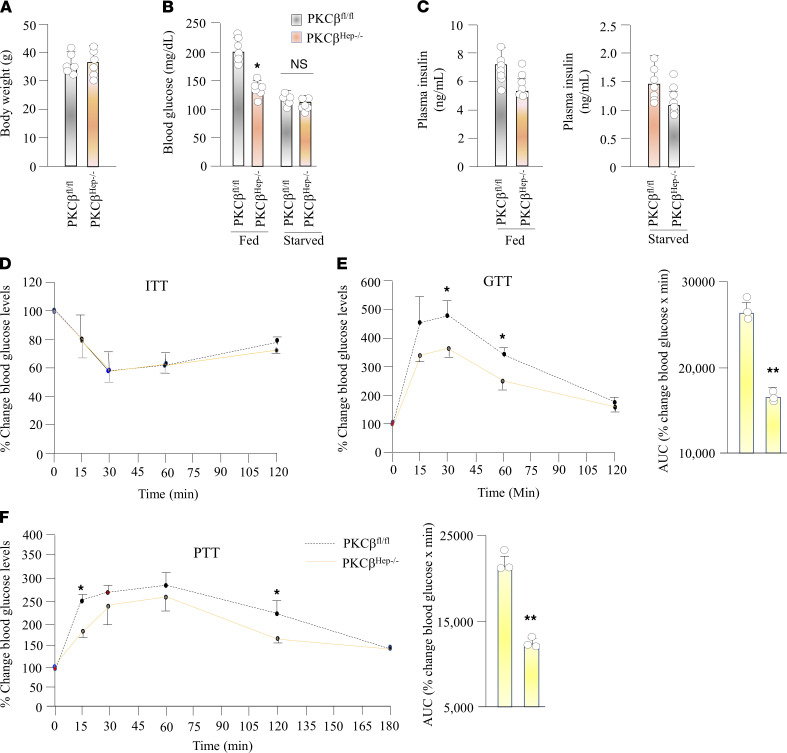Figure 1. Hepatic PKCβ deficiency promotes postprandial hypoglycemia.
(A) Comparison of body weight between PKCβfl/fl and PKCβHep–/– mice fed HFHC diet for 12 weeks. (B and C) Fed and fasted (12–16 hours) blood glucose and serum insulin concentrations in the above mice. (D) ITT: control and KO mice were fasted overnight before injection of 0.5 units/kg body weight. Blood samples were collected through the tail vein and glucose concentrations were measured before and after 30, 60, 90 and 120 minutes after the challenge by glucometer. (E) PTT: control and KO mice were fasted overnight before i.p. injection of 2 gm of pyruvate per kg body weight. Blood glucose concentrations were measured from the tail vein at indicated time. (F) GTT: control and KO mice were fasted overnight before i.p. injection of 1 g glucose per kg body weight. Results were calculated as percentage of blood glucose values at time 0 for each mouse. AUC was calculated for both GTT and PTT using GraphPad software. Data are presented as the mean ± SEM of 2 independent experiments of triplicate measurements. (n = 3–6). *P < 0.05, **P < 0.01 for 2-tailed t tests (A–C) or 2-way ANOVA followed by Bonferroni’s multiple-comparison test (D–F).

